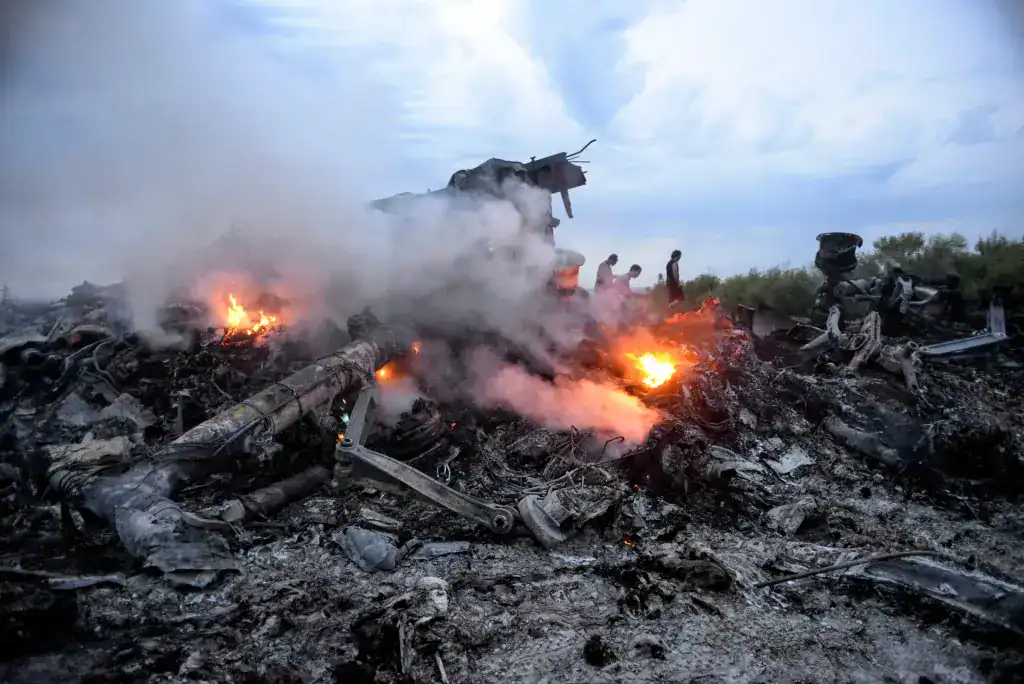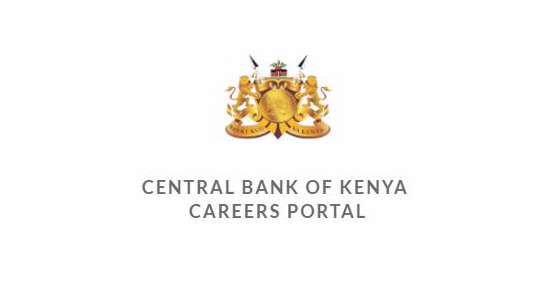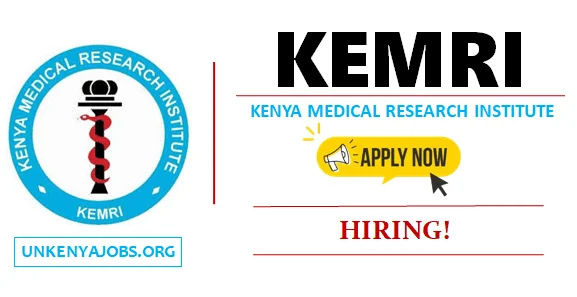
In a historic decision more than a decade in the making, the United Nations’ International Civil Aviation Organization (ICAO) has ruled that Russia is responsible for the downing of Malaysia Airlines Flight MH17 in 2014, which killed all 298 people on board.
What Happened to MH17?
On July 17, 2014, Malaysia Airlines Flight MH17 was en route from Amsterdam to Kuala Lumpur when it was shot down over eastern Ukraine, a region engulfed in conflict between pro-Russian separatists and Ukrainian forces.
After years of investigation and mounting international pressure, experts concluded that the aircraft was destroyed by a Russian-made Buk surface-to-air missile, launched from separatist-controlled territory.
The UN Aviation Council’s Decision
Now, over 11 years later, the ICAO has officially attributed the attack to Russia. In a first-of-its-kind ruling, the ICAO found that Russia violated international civil aviation laws, specifically the Chicago Convention, which prohibits the use of weapons against civilian aircraft.
This landmark decision not only acknowledges the loss suffered by the victims’ families but also sets a precedent for holding nations accountable for actions that endanger civil aviation.
Global Reaction
Countries that lost citizens on MH17—particularly Australia and the Netherlands—welcomed the decision and are calling for reparations and justice. Both nations had long pursued accountability, arguing that Russia should be held liable for the tragedy.
The Kremlin, however, rejected the ruling. Russian officials labeled the investigation and its conclusion as biased and politically motivated, continuing to deny any involvement in the incident.
Why This Matters
This ruling marks a significant moment in international diplomacy and aviation safety. It affirms that even powerful nations can be held accountable when civilian lives are lost due to reckless or unlawful military actions.
For the families of the 298 victims, this decision brings a measure of long-awaited recognition and justice. It also underscores the importance of truth, transparency, and international cooperation in the pursuit of justice.






